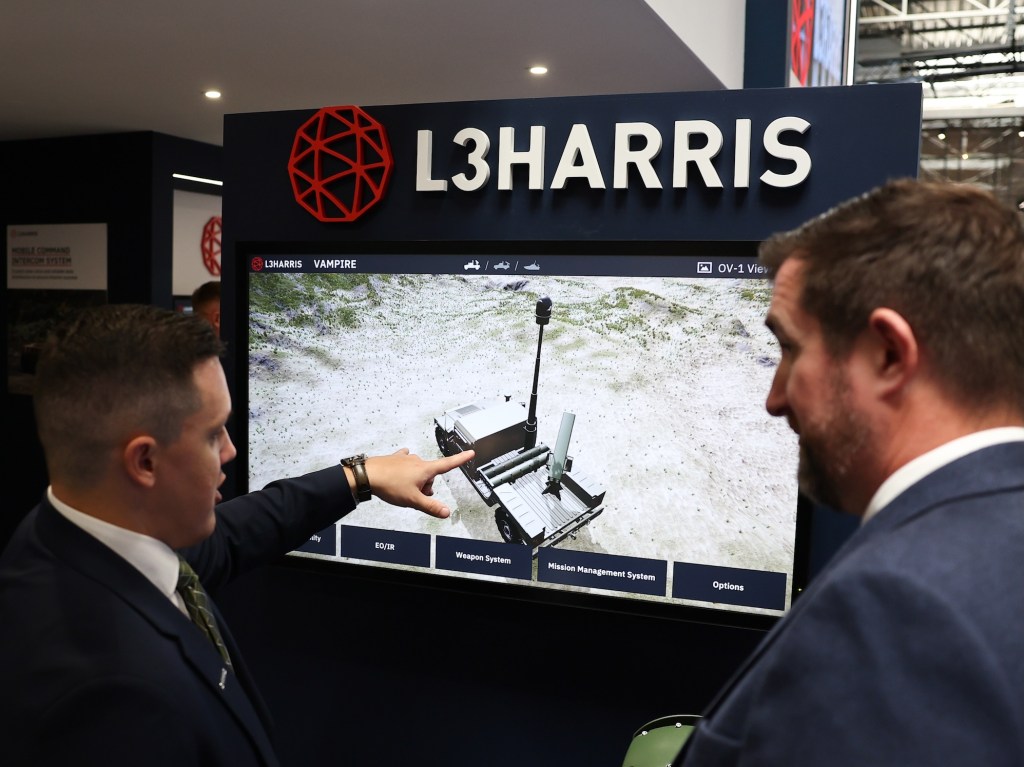The United States Department of Justice (DOJ) has formally accused Peter Williams, a former executive at defense contractor L3Harris Technologies, of misappropriating trade secrets and selling them to an unidentified Russian buyer. This development underscores the persistent challenges in safeguarding sensitive information within the defense sector.
Background on Peter Williams and Trenchant
Peter Williams, an Australian national aged 39, served as the general manager of Trenchant, a specialized division within L3Harris. Trenchant is known for developing advanced hacking and surveillance tools utilized by Western governments, including the United States. Williams assumed this role on October 23, 2024, and continued until his departure on August 21, 2025, as indicated by U.K. business records. During his tenure, Williams was based in Washington, D.C.
Details of the Allegations
According to court documents dated October 14, the DOJ alleges that Williams illicitly obtained eight trade secrets from two unnamed companies. The specific nature of these trade secrets and the identities of the companies involved have not been disclosed. The DOJ’s criminal information document, which serves as a formal accusation similar to an indictment, does not provide details about Williams’ exact relationship with these companies or the content of the stolen information.
The timeline of the alleged thefts is as follows:
– April 2022 to June 2025: Williams is accused of stealing seven trade secrets.
– June to August 6, 2025: An eighth trade secret was allegedly misappropriated.
The DOJ asserts that Williams profited approximately $1.3 million from the sale of these trade secrets. Consequently, the department seeks to confiscate any property or assets derived from these alleged illicit activities.
Current Status and Legal Proceedings
As of the latest reports, Williams is not in federal custody. An arraignment and plea agreement hearing is scheduled for October 29 in Washington, D.C. The outcome of this hearing could have significant implications for Williams and potentially for L3Harris, depending on the proceedings.
Company and Legal Responses
L3Harris Technologies has not issued a public statement regarding the allegations against Williams. Attempts to obtain comments from the company have been unsuccessful. Similarly, Williams’ legal representative, John Rowley, declined to provide any remarks when approached by TechCrunch.
The Federal Bureau of Investigation (FBI) and the U.S. District Court for the District of Columbia, where the case is being prosecuted, have not responded to multiple requests for comment. Notably, the U.S. government has been experiencing a shutdown since October 1 due to a lapse in federal funding, which may affect the responsiveness of these agencies.
Contextualizing the Incident
This case is part of a broader pattern of trade secret thefts within the technology and defense industries. For instance, in March 2025, logistics company Flexport accused former employees of stealing its source code to establish a competing startup. Similarly, in June 2025, Tesla filed a lawsuit against a former engineer for allegedly misappropriating trade secrets related to its humanoid robotics program, Optimus.
These incidents highlight the ongoing challenges companies face in protecting proprietary information, especially when employees with access to sensitive data transition to competitors or engage in unauthorized disclosures.
Implications for National Security
The alleged actions of Williams are particularly concerning given the potential national security implications. The sale of defense-related trade secrets to a foreign entity, especially one based in Russia, raises questions about the adequacy of existing safeguards and the potential vulnerabilities within defense contractors. This situation underscores the need for stringent internal controls and monitoring mechanisms to prevent unauthorized access and dissemination of sensitive information.
Conclusion
The case against Peter Williams serves as a stark reminder of the critical importance of protecting trade secrets within the defense industry. As legal proceedings unfold, this incident may prompt defense contractors and other organizations handling sensitive information to reevaluate and strengthen their security protocols to mitigate the risk of insider threats and unauthorized disclosures.



